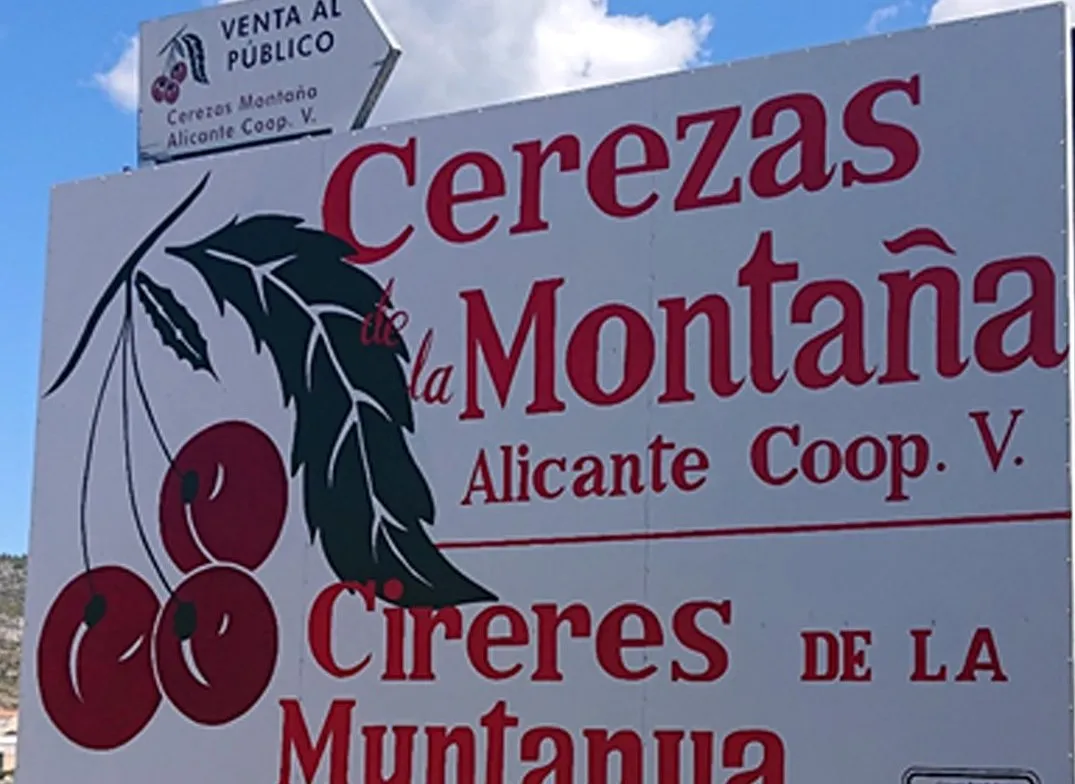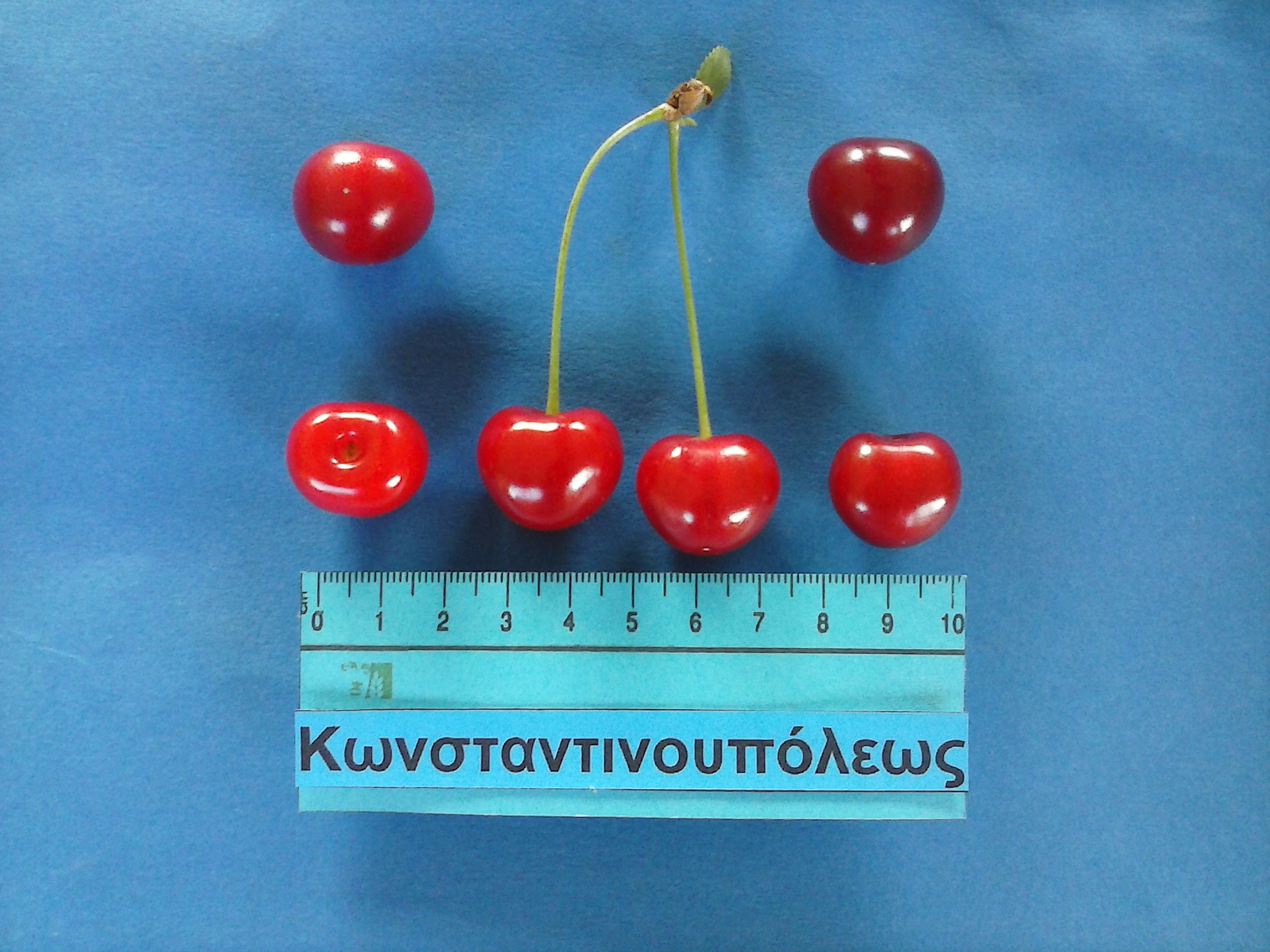Maersk and the University of Chile, in collaboration with Geofrut, have published a study that promises significant implications for Chilean cherry exports, especially to markets such as India, Europe and South-East Asia.
The 2023-2024 cherry season has ended and, according to the Chilean Cherry Committee report, more than 400,000 tonnes of cherries were exported this year. This figure surprised exporters, considering the adverse weather conditions experienced in 2023, including warmer temperatures during the winter and heavy pre-harvest rains. Despite these challenges, the industry managed to match last year's exports, with a total of 83 million cases.
Cherries have become the 'apple' of Chilean exports due to their high demand in Asian markets. Although Chile is not a mono-producer, the land devoted to cherries is expanding rapidly. The challenge of maintaining and increasing cherry exports has led exporters to consider market diversification for this product.
Chile is focusing on Asia because of the region's economic development. Iván Marambio, president of Frutas Chile, carried out an analysis for El Mercurio's Revista del Campo, in which he states that 'India is one of the most interesting economies, not only because it has the fastest growth and is expected to become the third largest in the world, but also because it has more than 1.4 billion consumers with growing purchasing power'.

However, the lack of volume of other cargoes for a direct journey to destinations such as India presents a logistical challenge. Domestic distribution in India and the lack of interest in investing in facilities by local companies also make the marketing process more complex.
With the increase in the number of cherry exporters in countries geographically closer to China, there is a challenge for the Chilean market, as closer markets may be more attractive with lower transport costs. Countries such as New Zealand, Australia, Peru and South Africa are emerging in the cherry market, highlighting the importance of post-harvest operations and attention to quality in the supply chain.
In order to increase our customers' exports through new technologies, Maersk, in collaboration with the University of Chile, invested in a detailed study to analyse the benefits of using controlled atmosphere in the transport of cherries.
‘Through this study, the aim was to explore ways to improve the technique and provide our customers with the opportunity to deliver cherries at the optimal time and with the best quality. This could allow us to broaden the market horizons for Chilean cherries, which are currently heavily dependent on one large buyer for an annual event: China and its New Year celebrations'.
Controlled atmosphere technology
Controlled atmosphere technology has emerged as a breakthrough in the agricultural sector, revolutionising the storage and transport of perishable products. This innovative method involves the precise regulation of factors such as oxygen concentration, carbon dioxide levels, nitrogen, temperature and humidity in storage, with the aim of extending shelf life and preserving product quality.
Conducted under the active supervision of the University of Chile's Centre for Post-Harvest Studies and coordinated by Daniel Guerrero, Maersk's cold chain specialist, the study investigates the application of controlled atmosphere for cherry shipments. The aim is to assess the technology's impact in lengthening transit times of sea containers without compromising fruit quality.
Victor Escalona, principal investigator and professor at the Faculty of Agricultural Sciences at the University of Chile, shared detailed information on the results and practical implications of the study.
Controlled atmosphere technology acts like a magic wand, delivering fruit to consumers as if it were fresh from the tree, thus revolutionising the consumer experience. This requires investment not only for financial gain, but also to strengthen global recognition and pave the way for entry into new markets.
Currently, cherries are transported in bags such as LifeSpan®, which extend freshness for up to 30 days from harvest to the consumer's table, while maintaining the moisture content of the fruit. However, this method lacks visibility into gas management, leaving growers, exporters and recipients in the dark about the transport process, limiting transit time and complicating gas monitoring.
The study focuses on exploring the ability of controlled atmosphere technology to extend the shelf life of cherries. The idea is to combine controlled atmosphere with Tres Castillos macro-perforated bags, thus enabling proper gas management (O2 and CO2) and ensuring optimal moisture for the cherries.
An advantage of this method is the visibility of the gassing process during transport of the fruit. The combination of the Three Castles bags with our StarCare containers offers total visibility thanks to Captain Peter™ technology, providing total control over the performance of the unit and the care of the cherries.

This synergy allows for precise control of the storage and transport environment, guaranteeing the freshness and quality of the cherries at every stage of the logistical process, making it easier to reach more distant destinations. For Maersk, collaborations like the one with the University of Chile are key to developing sustainable solutions that create value and thus increase opportunities for growth and development in the agricultural and logistics sectors.
In December 2023, we started trials by sending a pilot container with cherries from Chile to Nansha, China, where the Chinese company Marston Marine & Cargo Surveying (HK) Limited delivered the results of the analysis of the cherries that travelled in a controlled atmosphere.
According to the company, "Based on the results of our inspection and available information, and analysing the actual condition of the fresh cherries, subject to the above, we are of the opinion that it can be observed that, excluding as far as possible differential factors.’
‘In the case of cherries subjected to different transport gas control conditions, the quality of the goods in the controlled atmosphere container N°MCAU6061287/40“RF was significantly higher than in the standard refrigerated container N°MNBU4336424/40”RF and the unique flavour or aromas of the goods were also better preserved.
We can conclude that this detailed study demonstrated the excellent potential of controlled atmosphere technology in the transport of cherries, highlighting its ability to prolong fruit freshness and quality during maritime transit. The results reflect the superiority of cherries transported in a controlled atmosphere over conventional methods.
‘This innovation offers tangible benefits in terms of product quality and represents an opportunity to develop sustainable logistics solutions. We will continue to work to provide the most advanced technologies to drive growth for our customers, reaffirming our commitment to provide innovative solutions that improve quality and efficiency throughout the supply chain.’
Source: Diario Frutícola
Images: Diario Frutícola
Cherry Times - All rights reserved













